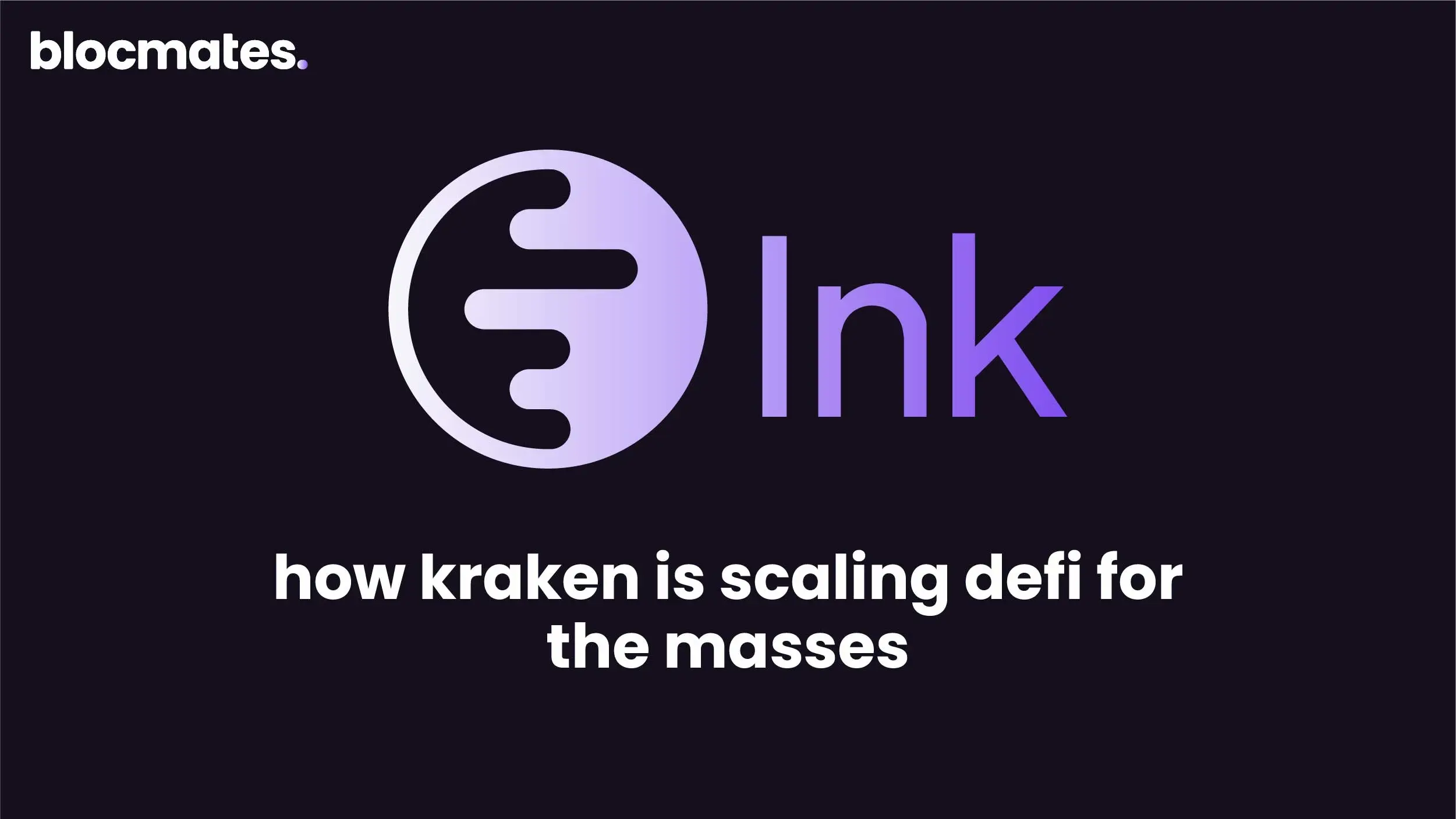Japan might be gearing up for one of its biggest shifts in financial policy yet, letting banks trade and hold cryptocurrencies. According to reports from Yomiuri Shimbun, the country’s Financial Services Agency (FSA) is considering reforming long-standing supervisory guidelines that currently prevent banks from owning digital assets like Bitcoin and Ethereum.
The change, if approved, would mark a major step toward integrating crypto into Japan’s traditional banking system, something regulators have been cautious about for years.
Revisiting old rules for a new market
Under existing rules, Japanese banks are restricted from directly holding cryptocurrencies due to their high price volatility, which regulators worry could impact financial stability.
But with crypto markets maturing and trading activity expanding both locally and globally, the FSA is reportedly ready to revisit that stance.
The proposed reform would allow banks to buy and sell crypto assets much like they already do with stocks or government bonds. To avoid potential pitfalls, the agency plans to introduce new safeguards to manage risks such as sudden price swings and capital exposure.
The proposal will be tabled for discussion at an upcoming meeting of the Financial Services Council, an advisory body to Japan’s Prime Minister.
The FSA is also weighing the idea of letting banks register as crypto exchange operators, which would give retail investors a more regulated, bank-backed route into digital asset trading.
The move could significantly boost participation, as trust in Japan’s traditional banks remains high even among crypto-curious investors.
Setting guardrails and expanding access
In parallel, the FSA is preparing amendments to strengthen fair trading practices in the digital asset space. The proposed updates would explicitly ban trading on non-public information, a crypto-specific insider trading rule, and introduce penalties tied to the scale of profits gained through illicit activity.
Japan’s crypto sector has been steadily growing despite regulatory conservatism. The FSA reports that as of February 2025, more than 12 million crypto accounts had been opened across the country, roughly 3.5 times the number recorded five years ago.




































.webp)

.webp)
.webp)

%20(1).webp)



























































%202.webp)


.webp)

.webp)
.webp)
.webp)
.webp)
.webp)

.webp)
.webp)
.webp)


.webp)
.webp)










.webp)


.webp)









.webp)







.webp)




.webp)


























.webp)







.webp)















.webp)
.webp)
.webp)

.webp)














.webp)

.webp)


.webp)








.webp)




